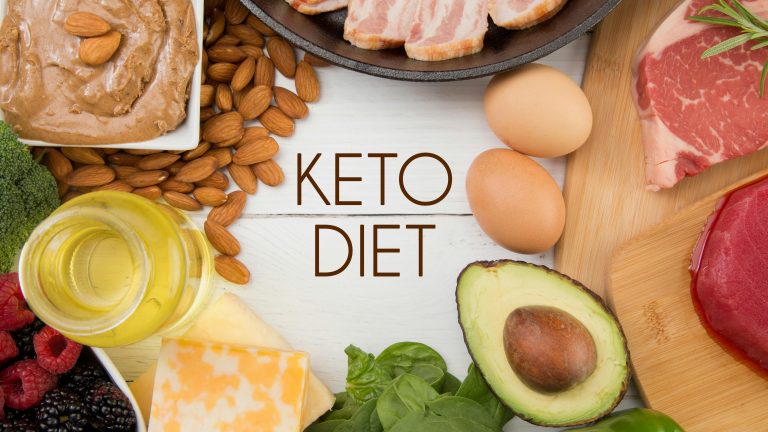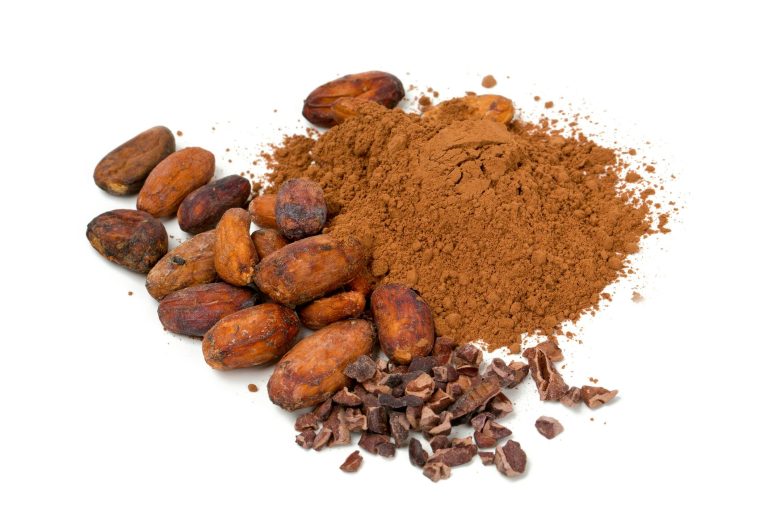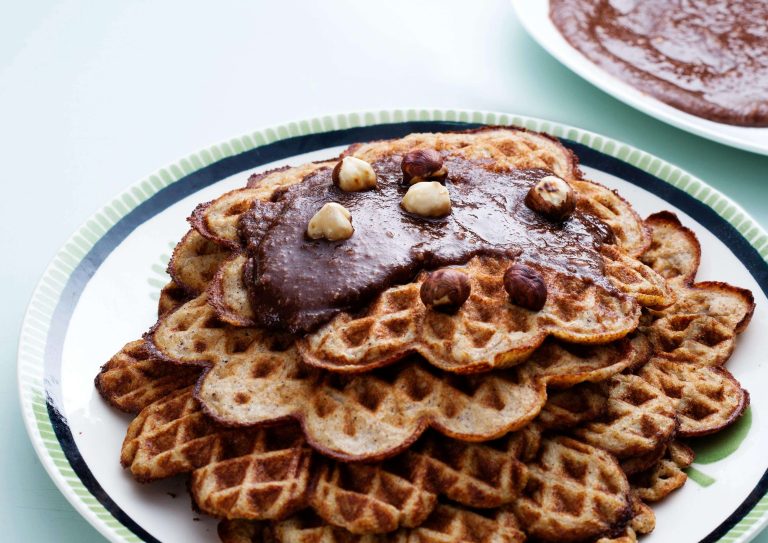Keto Recipes with Slow Cooker
The ketogenic diet, known for its potential weight loss benefits, has gained significant popularity. However, finding convenient and delicious low-carbohydrate meals can be quite challenging. Enter the slow cooker—a game-changing appliance for those on a keto diet. Keto slow cooker recipes offer a straightforward way to effortlessly prepare flavorful low-carb meals. Slow cookers are ideal…
The ketogenic diet, known for its potential weight loss benefits, has gained significant popularity. However, finding convenient and delicious low-carbohydrate meals can be quite challenging. Enter the slow cooker—a game-changing appliance for those on a keto diet. Keto slow cooker recipes offer a straightforward way to effortlessly prepare flavorful low-carb meals.
Slow cookers are ideal for preparing keto meals, enabling busy individuals to create delicious dishes while adhering to their dietary goals. From hearty stews to tender meats, these appliances can transform basic ingredients into satisfying keto-friendly meals. The long and slow cooking process enhances flavors and tenderizes tougher cuts of meat, making it easier to stick to a low-carbohydrate eating plan.
Keto slow cooker recipes typically feature protein-rich meats, non-starchy vegetables, and healthy fats. Common ingredients include chicken, beef, pork, cauliflower, zucchini, and various herbs and spices. These recipes usually exclude high-carbohydrate ingredients like potatoes, rice, and beans, instead focusing on keto-approved alternatives that maintain the essence of traditional comfort foods.
Understanding the Keto Diet The ketogenic diet is a high-fat, low-carbohydrate eating plan designed to alter metabolism. It aims to induce a state of ketosis, in which the body burns fat rather than carbohydrates for fuel.
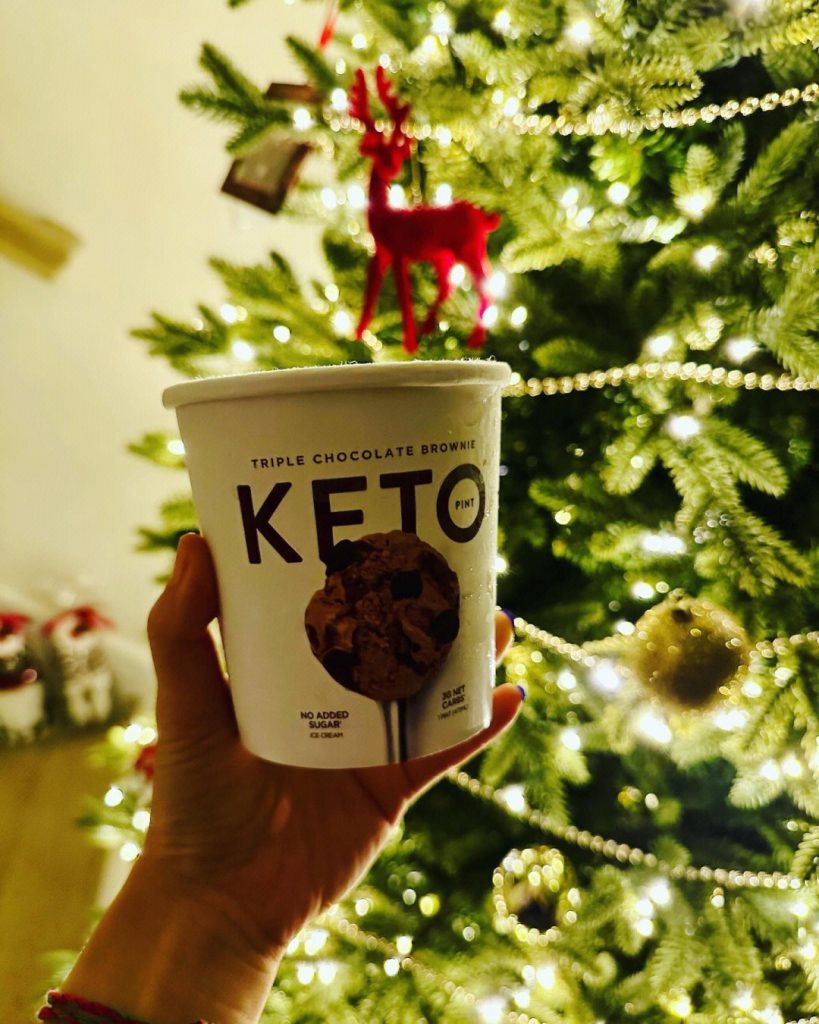
Benefits of Keto The keto diet offers several potential advantages for health and weight management. Many followers report significant weight loss, especially in the initial stages of the diet. This is often attributed to reduced calorie intake and increased fat burning.
Improved blood sugar control is another key benefit. By restricting carbohydrate intake, the diet can help stabilize blood sugar levels, making it particularly attractive for individuals with type 2 diabetes or insulin resistance.
Some people experience enhanced mental clarity and focus while in ketosis. This improved cognitive function may be due to the brain’s use of ketones for energy. Additionally, research has shown promise in the diet’s ability to reduce inflammation and improve markers of heart health.
How Ketosis Works Ketosis is the metabolic state at the core of the ketogenic diet. When carbohydrate intake is drastically reduced, typically to less than 50 grams per day, the body must seek alternative fuel sources.
In response, the liver begins converting fatty acids into ketone bodies. These ketones serve as an energy source for the brain and other organs. This shift usually occurs within 3-4 days of starting the diet.
To maintain ketosis, the typical macronutrient breakdown is:
- Protein: 20-25%
- Carbohydrates: 5-10%
- Fat: 70-80%
Monitoring ketone levels through urine, blood, or breath tests helps ensure the body remains in a state of ketosis. Strict adherence to the diet is crucial for success, as even small amounts of carbohydrates can disrupt ketosis.
Setting Up Your Keto Kitchen A well-equipped keto kitchen, with the right ingredients and tools, is essential for successful low-carbohydrate slow cooking. Stocking up on keto-friendly staples and selecting the appropriate slow cooker can make meal preparation both easy and delicious.
Basic Ingredients Keto-friendly pantry staples are crucial for creating delicious slow cooker meals. Stock up on cooking fats like coconut oil, avocado oil, and ghee. Keep a variety of herbs and spices on hand, such as garlic powder, onion powder, and chili powder. Almond and coconut flour are excellent low-carbohydrate alternatives for thickening sauces.
Don’t forget keto-friendly sweeteners like stevia or erythritol for recipes that require a touch of sweetness. Bone broth, canned tomatoes, and unsweetened seasonings are also great for making rich and flavorful slow cooker dishes.
For proteins, keep meats like chicken, beef, and pork in your refrigerator. Bacon can add flavor to many keto slow cooker recipes.
Slow Cooker Selection Choosing the right slow cooker is key to preparing keto meals. Look for models with multiple heat settings and timer functions. A 6-quart capacity is perfect for most households, allowing you to cook in bulk for leftovers or meal prep.
Consider a programmable slow cooker that automatically switches to a warm mode after cooking. This feature prevents overcooking and keeps food at a safe temperature until serving time.
Some models come with a searing function, which is great for browning meat before slow cooking. This extra step adds depth of flavor to your keto slow cooker recipes.
For easy cleaning, choose a slow cooker with a removable, dishwasher-safe insert. While non-stick coatings are convenient, they may not be as durable as ceramic or stainless steel.
Keto-Friendly Slow Cooker Recipes Slow cookers provide a convenient way to effortlessly prepare delicious keto meals. These recipes focus on low-carbohydrate ingredients while offering rich flavors and satisfying textures.
Hearty Keto Meats Slow cookers excel at tenderizing meats while infusing them with flavor. Keto-friendly options include pot roasts that become fork-tender after hours of slow cooking. For Mexican-inspired dishes, try chicken fajitas with bell peppers and onions. Kalua pork, a Hawaiian favorite, can be easily replicated in a slow cooker with pork shoulder, sea salt, and smoke flavoring.
Beef lovers can enjoy a hearty keto chili made with ground beef, diced tomatoes, and a mix of spices. If you’re looking to change up traditional buffalo wings, try buffalo chicken dip—a perfect game day snack.
Pork tenderloin is another excellent choice, especially when seasoned with herbs like rosemary and thyme. Slow cooked to perfection, it remains juicy and delicious.
Comforting Keto Soups and Stews Soups and stews are perfect for keto dieters using a slow cooker. Creamy chicken pot pie soup captures the essence of the classic dish without the carbohydrates. White chicken chili offers a spicy kick, using cauliflower instead of beans for thickness.
For beef enthusiasts, a rich and hearty keto beef stew is an ideal choice. It’s packed with low-carbohydrate vegetables like celery, mushrooms, and turnips. Bacon cheeseburger soup combines ground beef, cheese, and bacon for a decadent treat.
Taco soup is another popular option, featuring ground beef, diced tomatoes, and taco seasoning. Top it with sour cream and cheese for extra richness.
Keto Vegetarian Delights Vegetarians following a keto diet have plenty of slow cooker options. Cauliflower mash is an excellent side dish, becoming creamy after slow cooking. For a main course, try a cauliflower casserole made with cheese, sour cream, and chives.
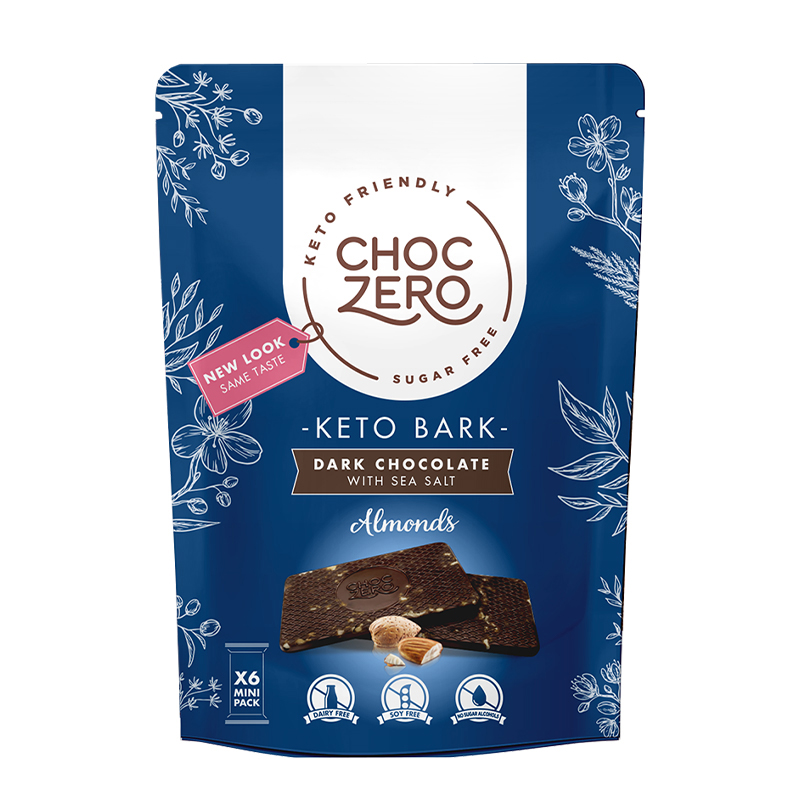
Spaghetti squash is a great pasta alternative. Cook it in a slow cooker and top with keto-friendly meatballs and marinara sauce. Spinach and artichoke dip is another vegetarian favorite that’s easily adaptable to a keto diet.
Comforting cauliflower soup can be made keto-friendly by using heavy cream instead of flour for thickening. It’s the perfect warm meal for cold weather.
Delicious Keto Desserts Surprisingly, slow cookers can also be used to make keto-friendly desserts. Keto lemon cake can be made with almond flour and sugar substitutes. The slow cooker keeps it moist and cooks it to perfection.
While not a dessert, keto queso dip is a delicious treat. Made with cream cheese, heavy cream, and various cheeses, it’s a rich and satisfying snack.
For a sweet and spicy option, Mexican pepper popcorn dip combines cream cheese, cheddar cheese, bacon, and Mexican peppers. It’s perfect for dipping pork rinds or low-carbohydrate vegetables.
Preparing Keto Slow Cooker Meals Keto slow cooker meals offer convenience and flavor while maintaining low-carbohydrate requirements. Adjusting recipes and planning ahead are key strategies for success.
Recipe Adaptation Tips To make standard slow cooker recipes keto-friendly, substitute high-carbohydrate ingredients with low-carbohydrate alternatives. Replace potatoes with cauliflower or turnips. Use zucchini noodles instead of regular pasta. Substitute sugar with keto-approved sweeteners like erythritol or stevia. Use xanthan gum instead of flour or cornstarch to thicken sauces.
For dairy products, opt for full-fat versions. Heavy cream, cream cheese, and butter are excellent choices for a keto diet. If a recipe calls for milk, use unsweetened almond milk or coconut milk instead.
Meal Prep Strategies Batch cooking in a slow cooker simplifies the preparation of keto meals. Prepare large portions of meat dishes like pulled pork or shredded chicken. These can be portioned and frozen for quick meals later. Cook soups and stews in bulk and store individual portions for easy reheating.
Pre-chop low-carbohydrate vegetables and store them in containers to save time when assembling slow cooker meals. Prepare seasoning mixes in advance for quick flavoring of dishes. Keep keto-friendly broths and cooking fats on hand for easy recipe assembly.
Nutrition and Macronutrients Proper nutrition and macronutrient balance are crucial for the success of a keto diet, especially when using slow cooker recipes. Tracking macronutrients helps ensure you meet your nutritional needs while maintaining ketosis.
Calculating Macros The typical keto diet aims for 70-80% of calories from fat, 15-25% from protein, and 5-10% from carbohydrates. To calculate your specific macro needs:
- Determine your daily caloric needs.
- Multiply your calories by the macro percentages.
- Convert the percentages to grams (1 gram of fat = 9 calories, 1 gram of protein/carbohydrates = 4 calories).
For example, on a 2,000-calorie diet:
- Fat: 155-178 grams
- Protein: 75-125 grams
- Carbohydrates: 25-50 grams
Use a macro calculator or app to fine-tune these numbers based on your goals and activity level.
Balancing Your Diet While meeting your macro targets, focus on nutrient-dense foods in your slow cooker recipes:
- Healthy fats: Avocados, olive oil, nuts, seeds
- High-quality proteins: Grass-fed meats, wild-caught fish, eggs
- Low-carbohydrate vegetables: Spinach, broccoli, cauliflower, zucchini
Include electrolyte-rich foods to prevent keto flu symptoms. Bone broth, leafy greens, and salted nuts are excellent slow cooker options.
Monitor portion sizes, even for keto-approved foods. Overconsumption can hinder weight loss progress. Use a food scale for accurate measurement of slow cooker meal components.
